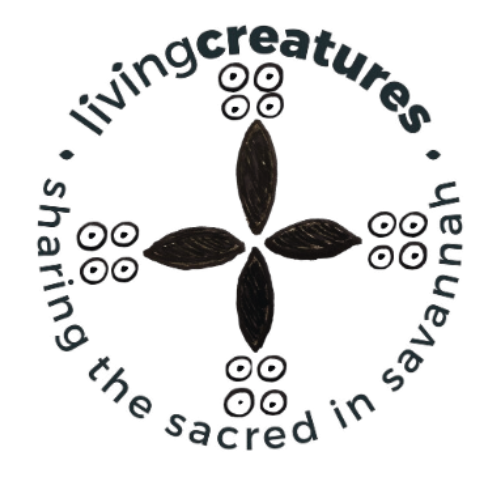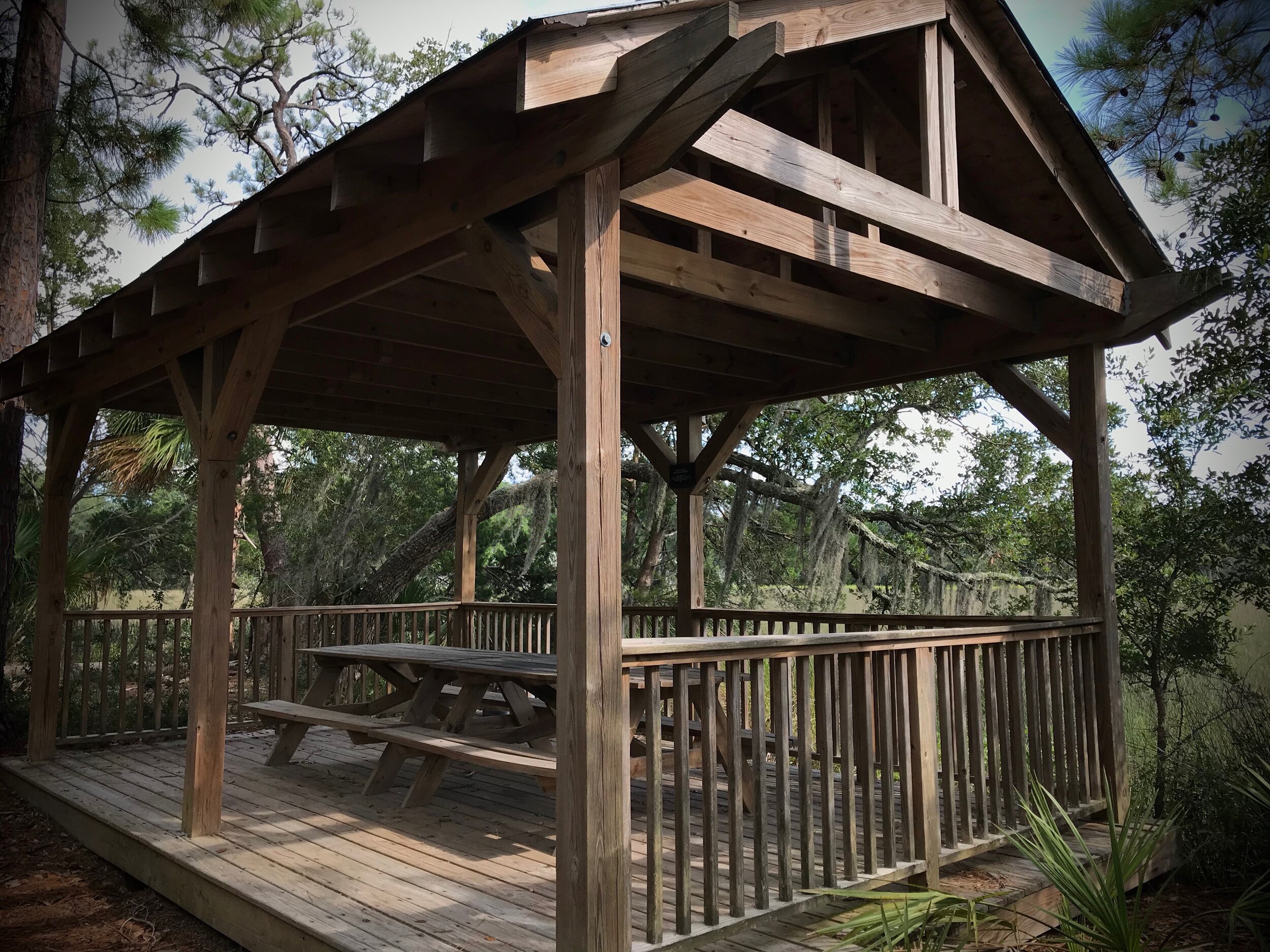On Solitude
Sometimes being alone can feel overwhelming. For those who may feel comforted by some guidance, we’ve written up a Prayer Guide based on various benches around Wesley Gardens. Feel free to contact us if you’d like to walk these trails in person, or we’ve snapped some images of the eight views, allowing you to “travel” the Prayer Walk wherever you are.
WELCOME
+To begin, take a seat on the bench overlooking the Moon River (to the right of the dock).
+Enjoy five slow, deep breaths. Invite the Holy Spirit to lead this time in his Creation.
+PRESENT+
“God is our refuge and strength, a very present help in trouble.” Psalm 46:1
+In what ways do you feel God present to you this hour? Are there any ways he feels absent?
+As you being this stroll with Jesus. is anything hindering you that would be best to leave here?
(When you’re ready, walk to the left of the Main House and follow the path to the comfortable spot near the wood stack.)
++FEAR++
“Therefore we will not fear though the earth gives way, though the mountains be moved into the heart of the sea, though its waters roar and foam, though the mountains tumble at its swelling. Selah” Psalm 46.2
+Close your eyes and note what you hear . . . see . . . smell . . . feel. Note any points of fear your body might be carrying. Speak God’s please & peace over them.
+Keep listening . . . .note any sounds you hear in the silence.
(When you’re ready, continue on the path until you come to a bench tucked into the marsh.)
+++STREAM+++
“There is a river whose streams make glad the cit of God, the holy habitation of the Most High.” Psalm 46.3
+What stands out to you from this verse? How about this view?
+God says apart from him we can do nothing (John 15:5). In what ways have you been attempting life alone lately? However seems suitable, hand those ways back over to the Lord these minutes.
(When you’re ready, continue on to the outer path until you arrive at the picnic table.)
++++HELP++++
“God is in the midst of her; she shall not be moved; God will help her when morning dawns. The nations rage, he kingdoms totter; he utter his voice, the earth melts.” Psalm 46:4
+Envisioning God with you right now, from what position does he feel most accessible (standing behind you, hands on your shoulders, sitting next to you, holding you in his arms, kneeling . . . )?
+What might he Holy Spirit be saying to you?
(When ready, follow the outer path to the next bench overlooking the marsh.
+++++WITH+++++
“The Lord of hosts is with us; the God of Jacob is our fortress. Selah” Psalm 46:5
+Regardless of the circumstance, or relationship, or emotions attached, God is always at work in our stories. And his work is always grounded and soaked in love. Jot down some ways you see God uniquely at work in your story today.
+In what stories of your life does he seem silent? Talk with him about that.
(When ready, follow the path to the small pavilion and settle in for a comfy view.)
++++++BEHOLD++++++
“Come behold the works of the Lord, how he has brought desolations on the earth. He makes wars cease to the end of the earth; he breaks the bow and shatters the spear; he burns the carrots with fire.” Psalm 46.6
+What has this Prayer Walk been like for you so far (enlightening, boring, disappointing, sad, liberating . . . ) ? In what ways?
+There is nothing out of God’s reach; what are you desiring from him today?
(When ready follow the path to the next bench overlooking the marsh & water)
+++++++KNOW+++++++
“Be still, and know that I am God. I will be exalted among the nations, I will be exalted in the earth!” Psalm 46:7
+What is the most challenging word for you about this verse? How about the most inviting?
+From where you are sitting, what stands out to you as “still”? Spend some minutes being with that stillness.
(When ready, follow the outer path to your final nook at the outdoor chapel.)
++++++++FORTRESS++++++++
“The Lord of hosts is with us; the God of Jacob is our fortress. Selah” Psalm 46:8
+The theme of God being and dwelling and coming and going “with us” runs throughout the Scriptures. What have you learned from being with the Lord this hour.
+Enjoy five slow, deep breaths again, noticing ways you may feel different from when you bean the walk,
(Selah)
Abbie (Smith) Sprünger is the author of multiple books, including her latest (and debut) children’s title: What Is Beautiful? (Parent Cue, 2020). Abbie resides with her husband, kids, chickens and dog at Wesley Gardens Retreat in Savannah. See glimpses at @wesleygardenslife.
Photos are courtesy of her husband Micah.










